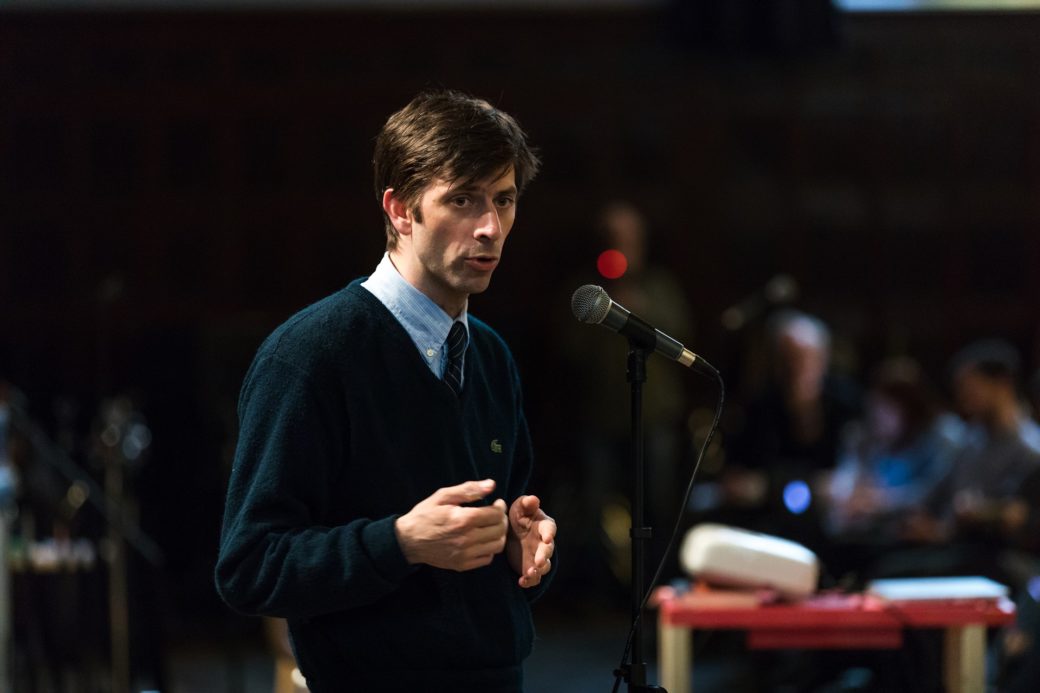In closed-door meeting, councilmember reminds colleagues of ‘member deference’ on jail plan

Two days before the only public hearing on the plan to build four new borough-based jails as part of the effort to close Rikers Island, Councilmember Stephen Levin reminded his Brooklyn colleagues in a closed-door meeting of a controversial tradition that would have members vote in lockstep with him, the Brooklyn Eagle has learned.
Levin spoke to his colleagues and their staffers at the beginning of the meeting about “member deference” — the idea that, on land-use votes, other elected officials should follow the lead of the councilmember whose district is affected by the plan (which is, in this case, Levin).
“When Levin opened, he was talking a lot about member deference,” said one council staffer with knowledge of the meeting, who declined to give their name to speak openly on the subject. “It’s important to Levin, it’s important to leadership that everyone is in step and that any disagreements with the way the plan is being carried out should be directed toward Levin and not made publicly.”
